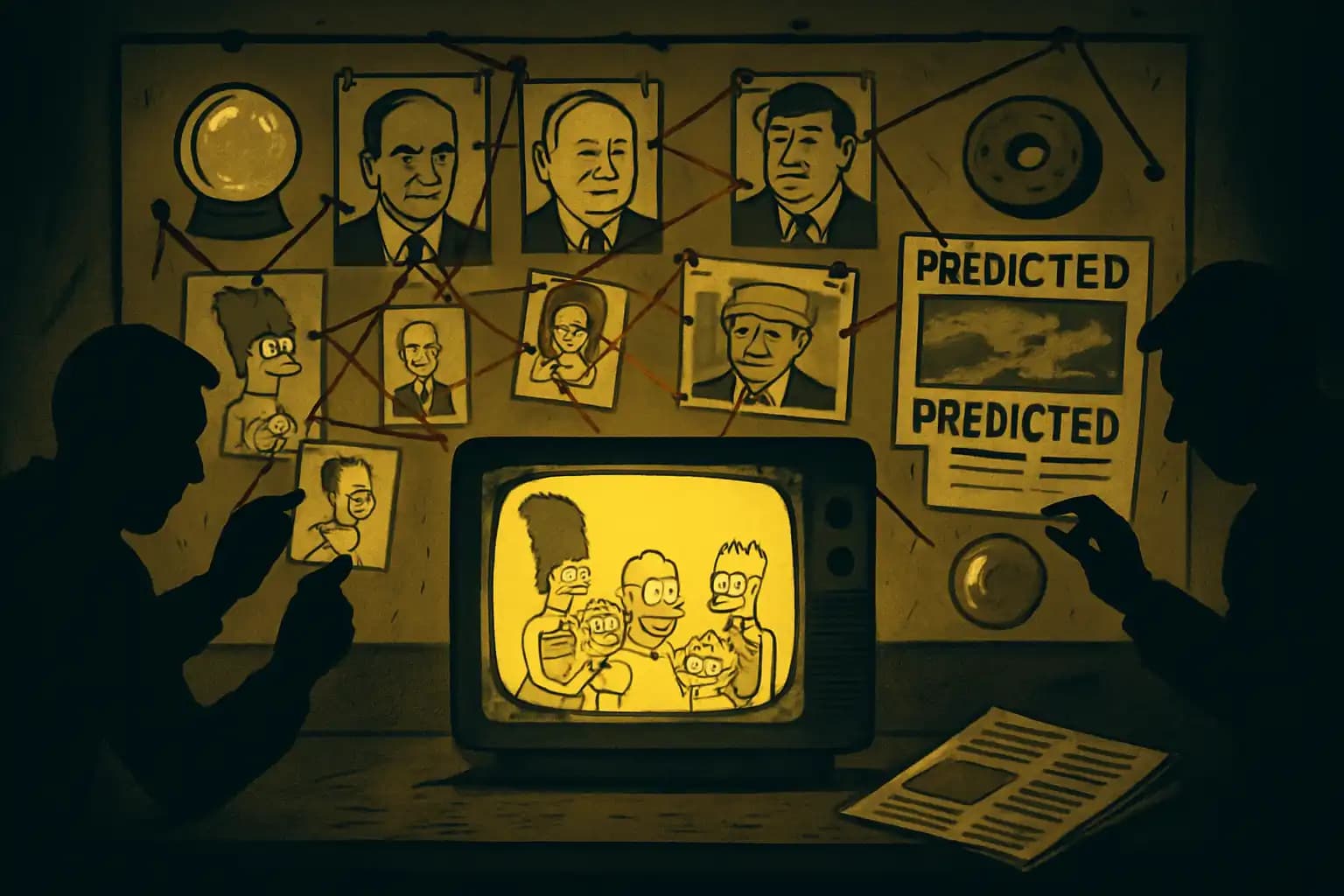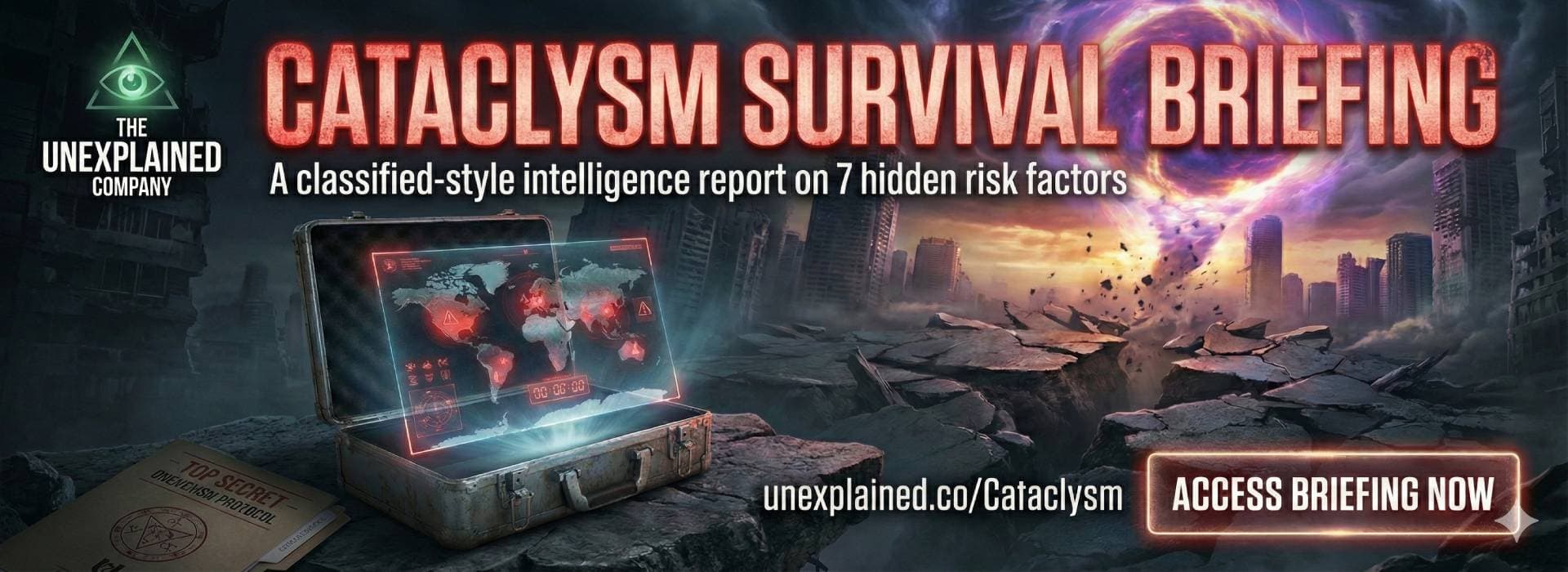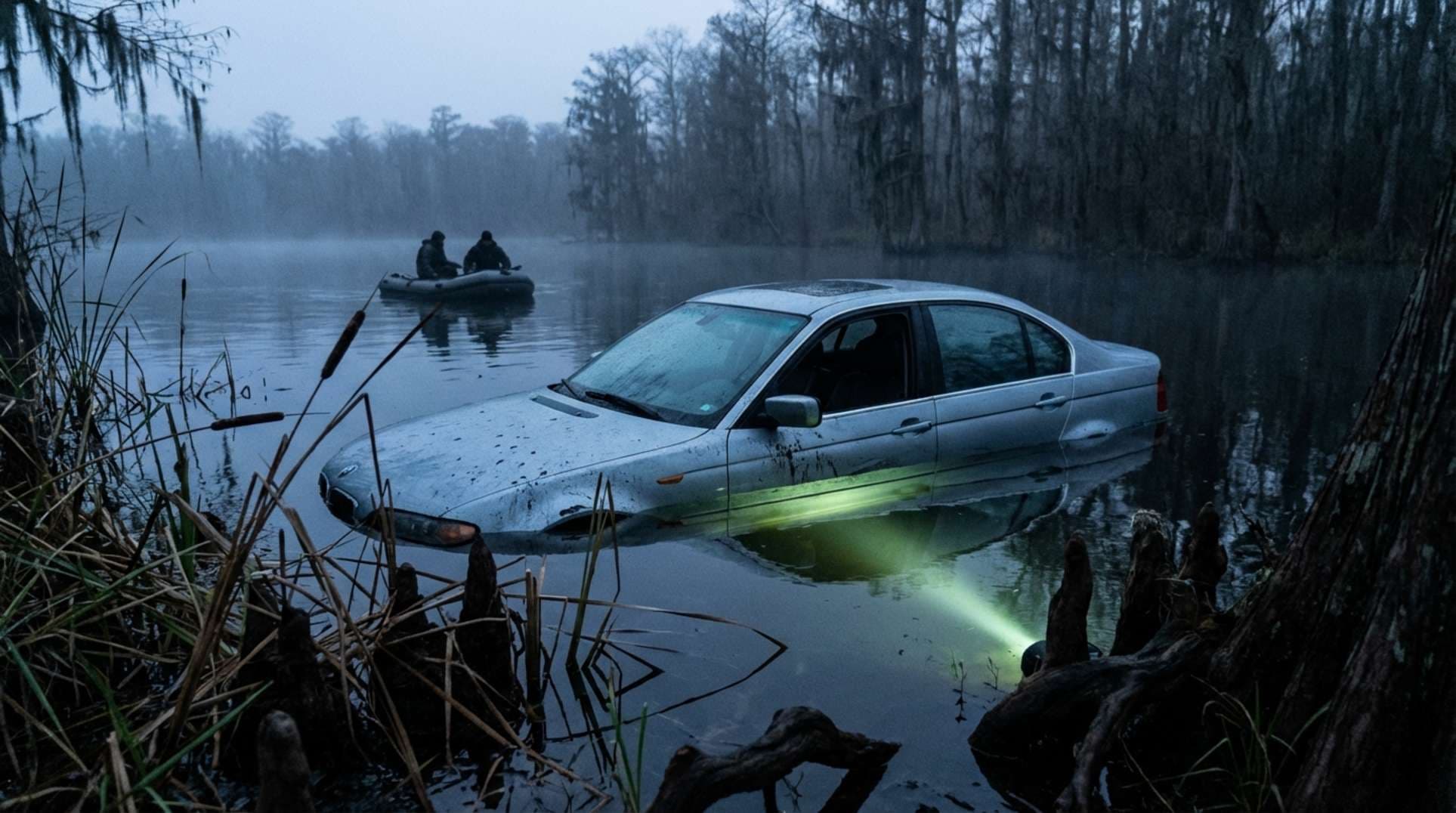It started as satire. Now, “The Simpsons” serves as a harbinger of dark secrets, a running joke for math geeks, or—if you listen to the internet—a coded oracle from the heart of Fox’s cartoon suburbia. How did a series known for donut jokes and jabs at American suburbia acquire a reputation for uncanny predictions? Explore conspiracy corridors, and you’ll find plausible psychological theories alongside wild speculation about subliminal messaging.
Fascination isn’t limited to tin-foil hat types. Across numerous viral lists and government-baiting Reddit threads, fans showcase “predictions” The Simpsons allegedly made—from Donald Trump’s presidency to smartwatches. Some predictions even appear so significant they shake global order. As explained here, much of the conspiracy magic relies on the writers’ educated guesses, sharp social satire, and a knack for extrapolating from modern chaos—elements detailed in the show’s seldom-told history on Wikipedia.
Inside The Simpsons’ Most Unnerving Predictions
From Trump’s shot at the Oval Office to bizarre technological reveals, The Simpsons excels at predictive satire. This timeline of shocking moments shows numerous world events mirrored with eerie accuracy—often years before their occurrence. The simple, recurring premise: writers satirize contemporary trends, heightening them just enough to seem absurd until they become reality. Just think of the episode that “predicted” the Disney-Fox merger or scenes eerily resembling images from the flood of political and tech upheaval in the 2020s.
This isn’t the only pop culture nexus attracting conspiracy theorists. The urge to find patterns amidst chaos drives attention to everything from quantum encryption feats out of China to AI’s march past human intuition. When society feels less predictable than fiction, boundaries blur—Springfield’s oddball logic suddenly appears disturbingly plausible.
Mathematical Minds and Storyboarding Seers: Why It Keeps Happening
According to researchers and the show’s veteran writers, it isn’t dark magic—it’s data and creativity. The series employs writers with backgrounds in advanced mathematics and science, as outlined in this analysis here. When staffers anticipate future satire, they riff on numbers, trends, and butterfly effects—elements that, over time, align with reality. It’s statistics, not sorcery—echoed in studies of predictive programming, along with the accidental echo chamber of long-running franchises.
The compulsion to foresee the future—whether in the stars or in syndication—isn’t new. History brims with accusations of “prophecy” in unlikely places, just as audiences scan military analysis or political forecasts for uncanny foresight. The difference is, The Simpsons packages it in neon jokes and familiar voices, making even the strangest prediction digestible.
Conspiracies, The Occult, and the Pop Culture Zeitgeist
Still, Springfield’s “prophecies” feed a global appetite for conspiracy. High-profile personalities suggest the show delivers veiled messages—QAnon partisans and pop theorists twist screenshots into forewarnings, as conspiracy outlets document. Some link The Simpsons to older patterns—hidden societies, numerological games, and even occultism, evoking an exposé on esoteric figures.
The endless search for meaning in entertainment is nothing new. As the internet’s thirst for arcane lore grows, from explorations of hidden consciousness to unusual historical foreshadowings, it’s no surprise that a pop culture juggernaut becomes a conspiracy Rosetta Stone. Who needs Nostradamus when you’ve got at least 34 seasons of clues to decode?
The Self-Fulfilling Prophecy of Pop Culture Prediction
“The Simpsons predicts the future” mythos is as self-perpetuating as it is irresistible. Successful satire seeps into the cultural subconscious, inspiring everything from memes to cautious business plans. Sometimes, events unfold because someone internalized the joke—and acted accordingly. This feedback loop generates increasingly wild analyses, similar to broader speculation about apocalyptic tipping points or hidden power brokers. It reflects the human brain’s craving for order—twisted, by “D’oh!” and donut glaze, into a never-ending prophecy machine.
From satirical sideplots to uncanny coincidences, “The Simpsons” sits at the crossroads of prediction, parody, and pop culture paranoia. Want to separate prophecy from parody? Stay tuned to Unexplained.co, where every prediction garners a side of sarcasm, and no plot twist—however ludicrous—is off-limits.





